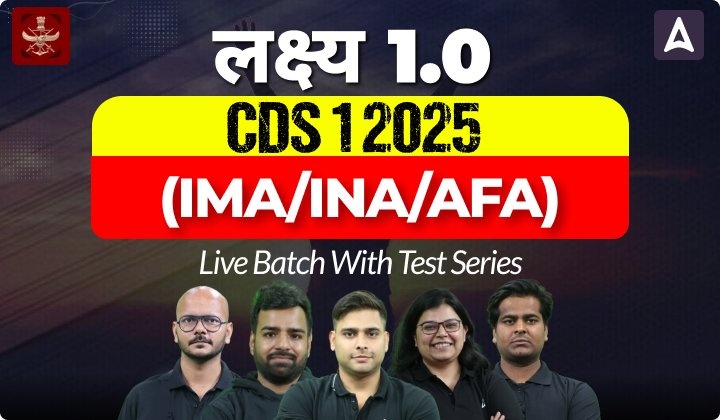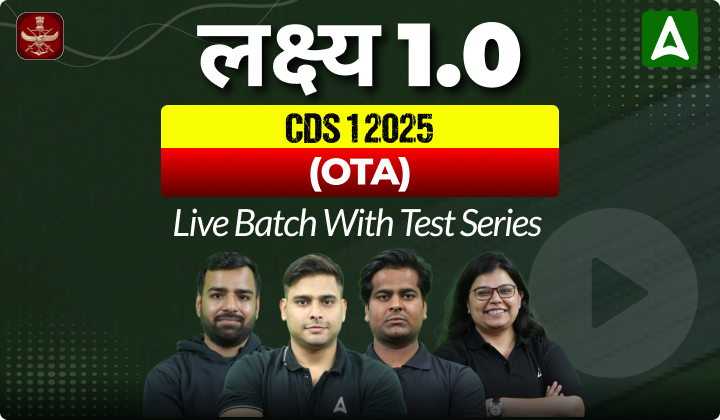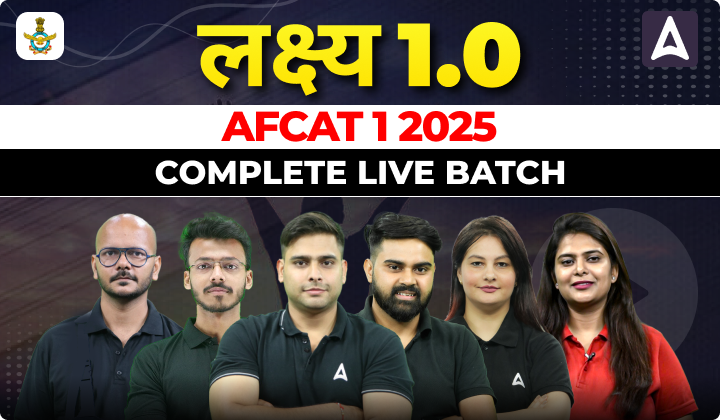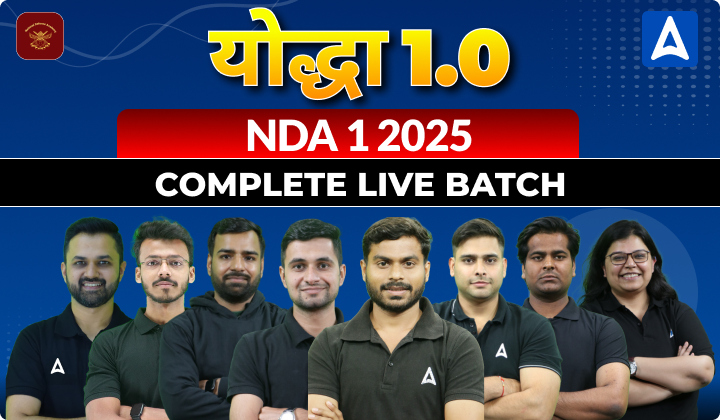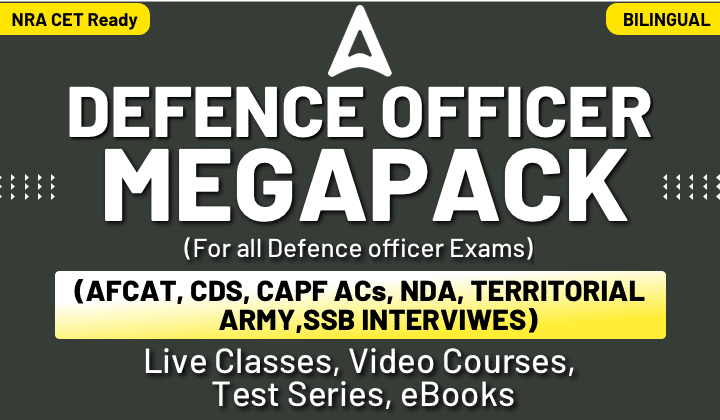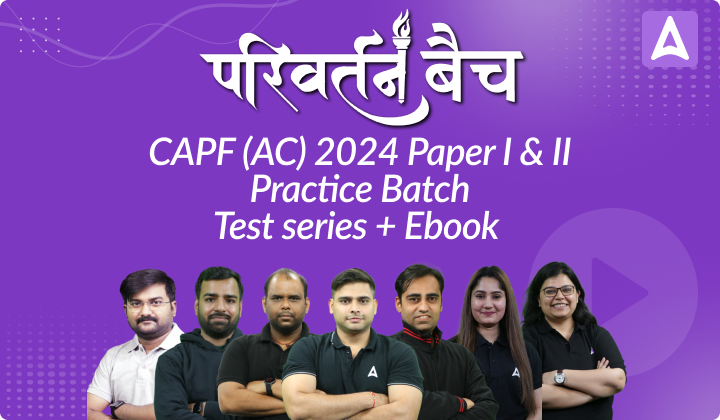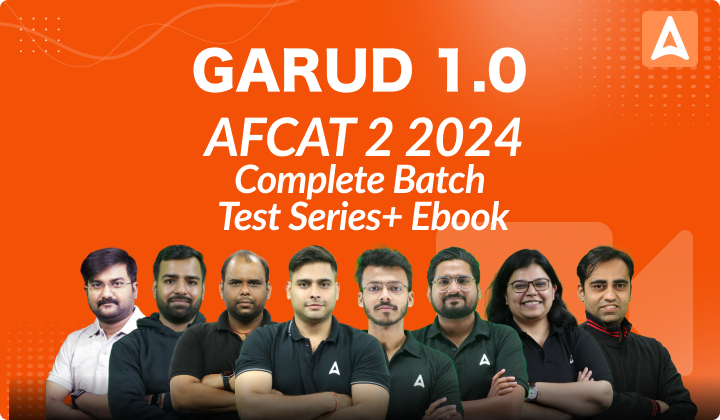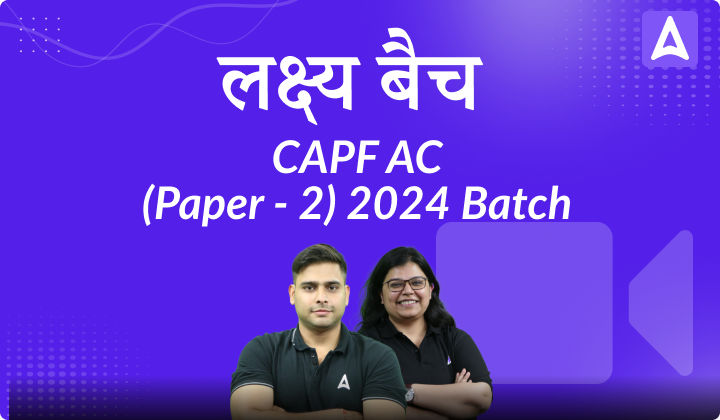The Air Force Common Admission Test (AFCAT) is a national-level examination conducted by the Indian Air Force (IAF) for the recruitment of officers in the Flying Branch and Ground Duty (Technical and Non-Technical) branches. This exam serves as a golden opportunity for candidates aspiring to join the Indian Air Force and serve the nation. The Air Force Common Admission Test (AFCAT) exam has become very competitive these days. With its competitive nature, strategic preparation is required to prepare for the AFCAT exam. In this article, we have explained in detail about the in-depth understanding of AFCAT 1 2025 preparation strategies to help candidates achieve their goals and pass this exam by scoring well in the upcoming AFCAT 1 2025 exam.
Preparation Strategies for AFCAT 1 2025
AFCAT 1 2025 requires the right strategy, regular practice, and discipline to score well. First, I would like you to understand the exam pattern and syllabus thoroughly. The exam comprises four main sections: General Awareness, Verbal Ability (English), Numerical Ability, and Reasoning & Military Aptitude. Create a precise study plan that balances all subjects effectively. Along with this, solving mock tests and previous year’s question papers is extremely important as it helps to test and improve your preparation. Practice answering with accuracy while keeping in mind the negative markings during the exam. To get good results in AFCAT exam, we have given below some preparation tips which you should follow.
- Understand the AFCAT Exam Pattern And Syllabus
To prepare effectively, it is essential to thoroughly understand the structure of the exam, including its marking scheme and distribution of questions across various sections. This clarity provides insight into the weightage of each topic, enabling you to allocate study time accordingly. By analyzing the exam pattern, you can identify areas of strength and weakness, ensuring a balanced approach to preparation. - Emphasize Time Efficiency
Time efficiency is crucial for AFCAT preparation, as it helps you manage the limited time available during both the exam and your study sessions. To maximize your performance, practice solving questions within a set time limit, simulating the actual exam conditions. This helps improve your speed and accuracy. - Solve Past Papers
Practicing past AFCAT papers is one of the most effective ways to prepare for the exam. It helps you understand the exam pattern, question types, and difficulty level while familiarizing you with frequently asked topics. By solving these papers, you can assess your strengths and weaknesses, allowing you to focus on areas that need improvement. - Take Mock Tests Regularly
Mock tests simulate the actual exam and are invaluable for assessing readiness. Choose test series that align with the updated AFCAT pattern. - Strengthen Analytical Thinking
Reasoning questions have become more intricate, demanding sharper analytical skills. Focus on topics like “Odd One Out” and “Fill in the Series” to improve. - Stay Updated on Current Events
Staying updated on current events is essential for performing well in the AFCAT, particularly in the General Awareness section. Regularly read newspapers, watch news channels, and follow reliable online sources to stay informed about national and international news, sports, economy, defense, and other relevant topics. Focus on recent developments, government policies, and international relations, as these are commonly asked in the exam. - Build a Strong Vocabulary
The English section has grown more vocabulary-focused. Incorporate daily word-learning routines and practice exercises on synonyms, antonyms, and idiomatic expressions. - Master Arithmetic Skills
Mastering arithmetic skills is essential for success in the AFCAT exam, particularly in the Numerical Ability section. Focus on strengthening your understanding of basic concepts like percentages, ratios, averages, time and work, profit and loss, speed and distance, and simple/compound interest. Regular practice is key to improving speed and accuracy. Use shortcuts and tricks to solve problems faster without compromising accuracy.
AFCAT 1 2025 Weekly Study Plan
A well-structured timetable ensures thorough coverage of the syllabus. Here’s a suggested 6-week plan:
Week 1: Build the Foundation: Focus on building a strong foundation by understanding the exam pattern and syllabus.
Week 2: Begin with fundamental topics in General Awareness, English, Mathematics, and Reasoning. Strengthen your basics, practice key concepts, and develop a study routine.
Week 3: Strengthen Core Skills
Focus on strengthening core skills by diving deeper into each subject. Practice more advanced topics in General Awareness, English, Mathematics, and Reasoning.
Week 4: Solve Sectional mock tests and previous year papers to improve accuracy and speed. Identify weak areas and allocate extra time for targeted revision and practice
Week 5: Test and Revise: Begin taking full-length mock tests to simulate exam conditions. Analyze your performance to identify weak areas and focus on improving them. Revise key concepts, practice time management, and work on accuracy.
Week 6: Final Preparations: Focus on final preparations by revising key topics, formulas, and current events. Continue practicing timed tests to refine your exam strategy, improve speed, and ensure accuracy.
Know AFCAT 1 2025 Exam Pattern
The AFCAT 1 2025 exam pattern is crucial for candidates aiming to join the Indian Air Force. Understanding the structure, marking scheme, and question distribution helps in strategizing preparation. This exam assesses candidates across multiple sections, including General Awareness, English, Mathematics, and Reasoning, requiring focused and effective study.
| Sections | No. of Questions | Total Marks |
| General Awareness | 25 | 75 |
| Verbal Ability in English | 25 | 75 |
| Numerical Ability | 20 | 60 |
| Reasoning & Military Aptitude | 30 | 90 |
| Total | 100 | 300 |
|
AFCAT Related article Links |
|
| AFCAT 1 2025 Notification | AFCAT Salary Structure |
| AFCAT Previous Year Papers | AFCAT Syllabus 2025 |
| AFCAT Eligibility Criteria | |

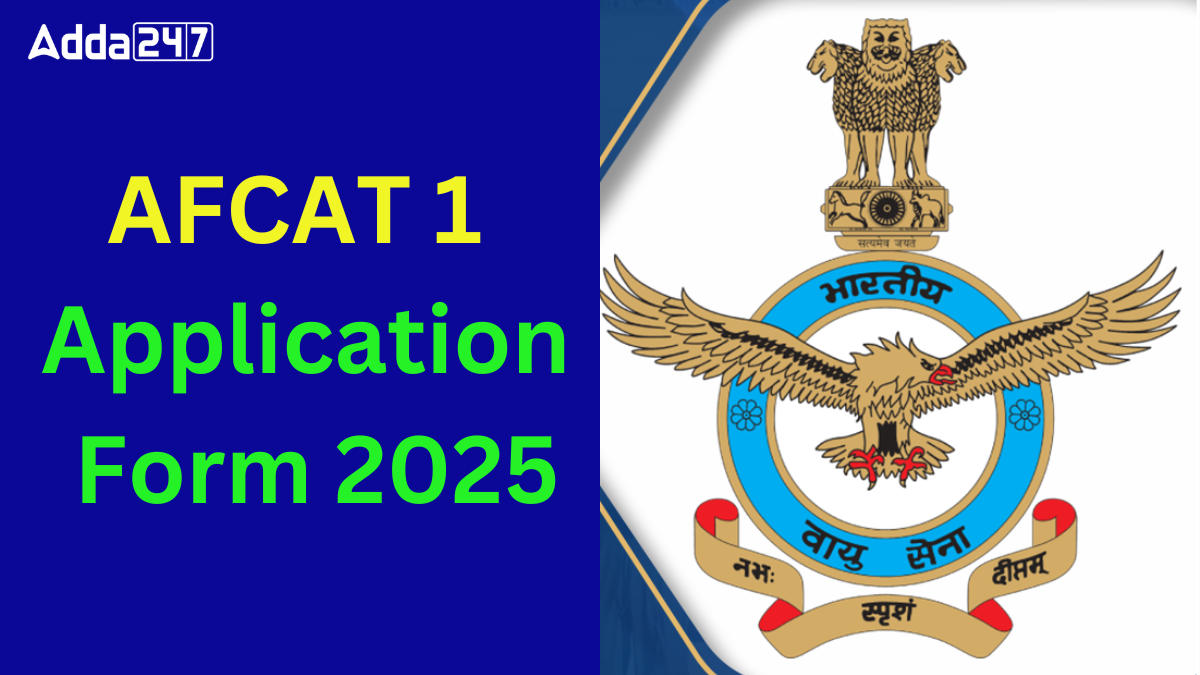
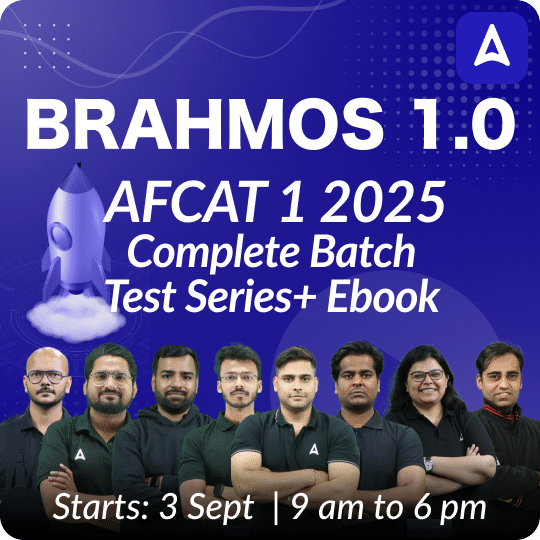

 AFCAT Exam Cut Off 2025 Out, Check Previ...
AFCAT Exam Cut Off 2025 Out, Check Previ...
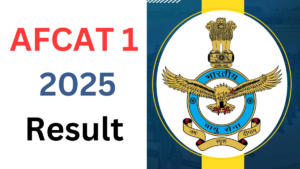 AFCAT 1 2025 Result Out, Check Complete ...
AFCAT 1 2025 Result Out, Check Complete ...
 Important AFCAT Reasoning Questions for ...
Important AFCAT Reasoning Questions for ...

